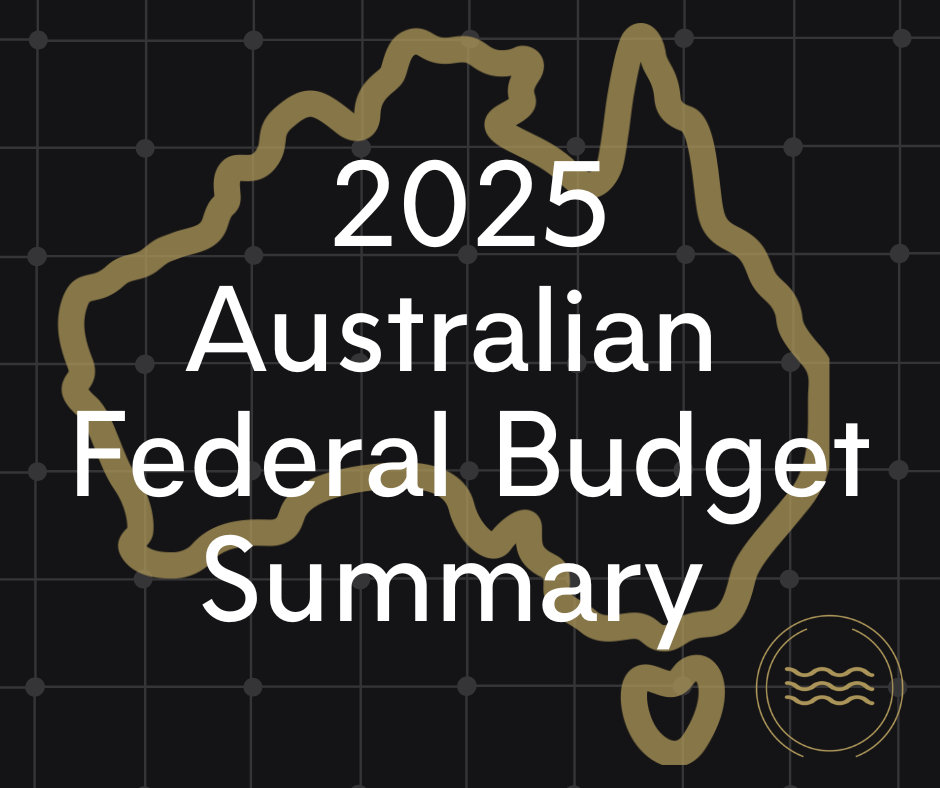
I Want to Start a Business in the United States. What the Are Best States for business?
Expanding and diversifying your business interests in the United States is a great way to take advantage of one of the biggest markets in the world. The US is a huge place and each state offers different benefits and drawbacks, so how do you decide on the best location to set up shop?
With some research and practical advice from an accountant that specializes in international tax issues with a focus on the US, you can narrow down your list before jumping in. There are a number of points to consider when expanding or starting a company in the United States. From visas and the cost of living to taxes and business regulations, the autonomy afforded to each individual states means that from a business perspective, not all states are created equal.
Taxes
Taxes are one of the most important and diverse details you need to be aware of and consider when you are scouting a location for your business. Companies operating in the United States are subject to both federal and state corporate taxation. However, each state sets its own corporate tax rates, and some states do not tax businesses at all.
The Tax Foundation’s 2017 State Business Tax Climate Index, ranks the states on the quality of their tax structures. A quality shared by most of the states in the top 10 of their list is an absence of state tax. Their top 10 best states for 2017 include:
- Wyoming
- South Dakota
- Alaska
- Florida
- Nevada
- Montana
- New Hampshire
- Indiana
- Utah
- Oregon
A lack of state tax on the corporate or personal level is not the only qualifying factor. Indiana and Utah levy taxes on individuals and businesses, but do so at a low rate. Interestingly, three states, which may seem appealing, California, New York, and New Jersey, rank 48, 49, and 50 respectively.
Wyoming, South Dakota, Alaska, and Nevada have no state level corporate or individual income tax. Florida doesn’t levy a tax on individuals. Montana, Oregon, and New Hampshire don’t have sales tax, which may not affect your business, but decreases the cost to consumers and saves you time and money on your annual business tax returns.
In addition state level corporate taxation rates, you might also want to consider property tax rates, as these also vary from state to state and can contribute to the cost of doing business in any given location.
Other considerations for business friendly states
Taxes are not the only thing to consider when choosing a location for your business. While important, the state’s business regulations, employment laws, minimum wage, the cost of living, and the availability of a quality work force also need to be taken into account to ensure that you build the best foundation to lead to a successful future in America.
Every year, Chief Executive magazine runs a survey of chief executive officers from across the country on the four best and four worst states in which to do business. The chief executives are asked to consider taxation, regulations, work force quality, and living environment when making their choices. Texas and Florida have topped this list every year since it began. Texas is included because of the economic reforms introduced by the state. Florida on the other hand, is getting stronger each year. Since 2011 it has added over a million jobs, cut taxes 50 times, and purged over 4,000 regulations.
Forbes magazine also publishes an annual Best States for Business List which identifies the states poised for business success. Utah has consistently ranked on top for the past three years because of its regulatory climate and growth prospects. The governor of the state, Gary Herbert, has eliminated or changed approximately 400 regulations since he was first elected. Utah is enjoying a growing tech sector as companies like Oracle, Microsoft, and Ebay expand operations here to avoid the high costs of the West Coast, while some privately held tech firms like Domo Technologies and PluralSight have made Utah their home from day one. These lists often take into consideration the amount of startup activity in the state, as well as the availability of an educated workforce. For example, Vermont has a favorable climate for business and very low levels of unemployment, which means that a smaller portion of the population will be looking for work at any given time. New Jersey also offers some great opportunities for business, but with some of the highest corporate, personal, and property taxes in the country, it’s attractiveness wanes.
Across many publication’s lists of the best states to do business, Wyoming consistently comes out on top. There is no state level corporate, personal, or gross receipts tax and it has a favorable sales tax rate. In addition to its favorable tax environment, it has the fourth highest numbers of new entrepreneurs and high business survival rates. Nevada also ranks high on these lists due to its lack of corporate and personal tax and low property taxes. Nevada also has the highest density of startups in the country and the highest level of available employees in the country.
Deciding where to open your business is a serious decision that shouldn’t be taken lightly. As tempting as it is, don’t get blinded by the glamour of California or New York, dig a little deeper into the benefits of other states. You’ll ultimately save money and give your business the best foundation to support success.
If you have questions about the tax rates and laws in different states, contact us at Asena Advisors. Our accountants have years of experience in helping globally mobile entrepreneurs and business leaders to navigate the complicated tax and business decisions necessary to a successful international business. We can help you develop your business in a foreign country, including the United States, from startup to sale.
Download our eBook “Moving To The US”
Disclaimer:
This document is intended as an information source only. The comments and references to legislation and other sources in this publication do not constitute legal advice and should not be relied upon as such. You should seek advice from a professional adviser regarding the application of any of the comments in this document to your fact scenario. Information in this publication does not take into account any person’s personal objectives, needs or financial situations. Accordingly, you should consider the appropriateness of any information, having regard to your own objectives, financial situation and needs and seek professional advice before acting on it. Asena Advisors exclude all liability (including liability for negligence) in relation to your reliance in this publication.




